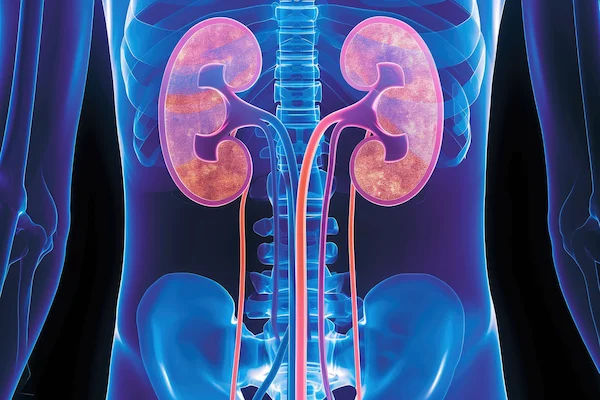- Male
- 65 Years
- 29/01/2025
I'm really worried about my dad. He's got this kidney issue, diagnosed with CKD, and though he's stable now, today he mentioned he's having trouble urinating and the amount has decreased. I was wondering if giving him Urispas would help with his urination. Do you think it's okay to give him that?
More Nephrology Health Queries
View allCan a urine dysmorphic RBC test really tell if the blood in my urine is coming from my kidneys or the urethra? I had results showing 1012 cellshpf in my urine, but when I did the test again 4 days later, it dropped to 12 cellshpf. Does this mean it was a false reading, or could the sample have been off? I'm a bit confused about what to make of these results.
Yes ideally Dysmorphic RBCs indicate renal problem,but in your case as it is an incidental finding for once and is not continuing you can ignore it,if you are woried visit Nephrologist for evaluation and appropriate management
Answered by 1 Apollo Doctors
I'm a bit worried about the medication my dad's been prescribed. He's got swelling in his feet, and the doctor recommended Dytor 5. But he's also dealing with sterile pyuria and a urinary tract infection, so he's on other meds for that. Now the doctor said to take Dytor 5 along with half a Cilacar 10 at night and Telma 40. I'm just not sure about these medication combinations. Is this safe to take, especially with his current UTI problems?
kk u take
Answered by 1 Apollo Doctors
I'm looking for some advice regarding my mom's health. About a year and a half ago, she had a heart attack and went through angiography and angioplasty, where they found a blockage and put in a stent. Since then, we've been going for regular checkups, and her health reports have been mostly fine. But recently, her blood report showed her creatinine levels were at 2.47, which the doctor said might be due to heavy medication. They suggested that stopping the medication could reverse this and help her kidneys recover. After consulting a nephrologist, she started on a new treatment and diet plan, and her creatinine levels went down to 1.79 and then to 1.59. Even though her creatinine is decreasing, I'm worried because she's still experiencing swelling. Could there be another issue that's causing this? What should we be looking into or asking at her next appointment?
While her creatinine levels are improving, swelling could still be due to kidney or heart-related issues, medications, or dietary factors. It's essential to continue working closely with her healthcare providers, and follow the prescribed treatments and diet plan. Regular check-ups, blood tests, and open communication with her doctor will help guide the best course of action.
Answered by 1 Apollo Doctors
Disclaimer: Answers on Apollo 247 are not intended to replace your doctor advice. Always seek help of a professional doctor in case of an medical emergency or ailment.


_0.webp)



